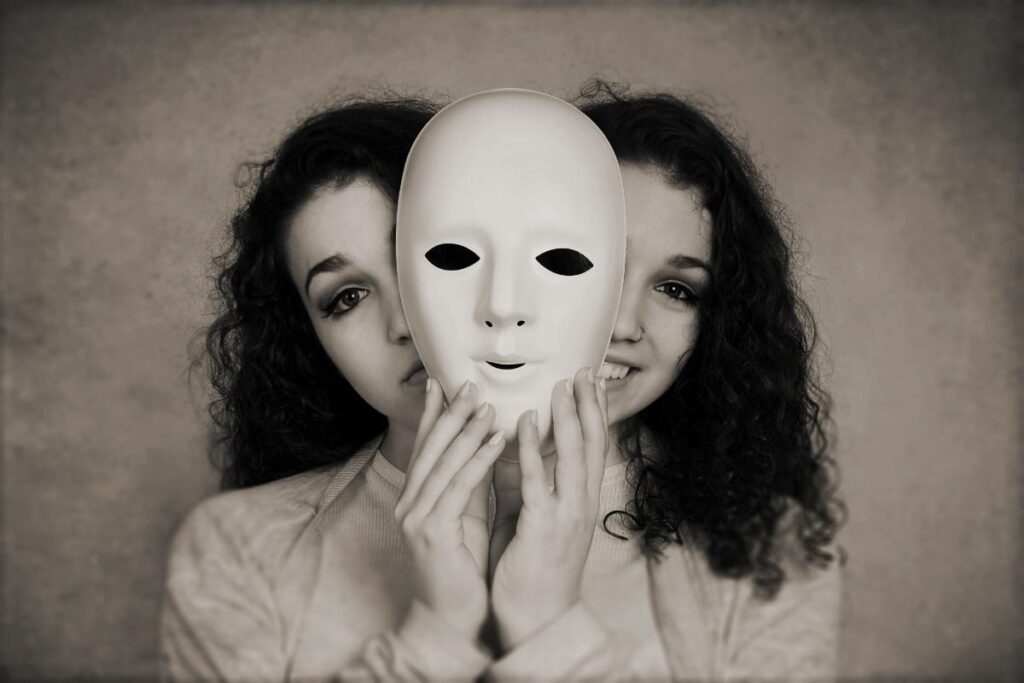Understanding the ebbs and flows of mood that characterize bipolar disorder can be a daunting journey, not only for those experiencing its symptoms but also for their loved ones. Bipolar disorder symptoms are not just medical terms. Instead, they reflect complex, profoundly personal experiences that influence every aspect of life. Imagine a world where your emotions swing unpredictably from intense elation to deep despair. This is the reality for many living with bipolar disorder—a condition marked not only by these polar opposites but by the nuances in between.
Learn more about our bipolar disorder treatment at Rockland Recovery Behavioral Health at 855.520.0531, where we provide you with the tools and support needed to manage bipolar disorder effectively. Through our comprehensive outpatient programs, including intensive outpatient and partial hospitalization options, we ensure that receiving help does not mean putting your life on hold.
Bipolar Disorder Symptoms
Bipolar disorder, formerly known as manic-depressive illness, is a brain disorder that causes unusual and significant changes in mood, energy, activity levels, concentration, and the ability to carry out day-to-day tasks. These mood changes include emotional highs (mania or hypomania) and lows (depression). Bipolar disorder is a lifelong condition, but with effective treatment, people with this disorder can lead full and productive lives.
The bipolar disorder symptoms can significantly impact a person’s mood, energy, and ability to function. Common signs of both phases may include:
Manic Episodes
- Feeling unusually “high” or elated
- Increased activity, energy, or agitation
- Exaggerated sense of well-being and self-confidence
- Decreased need for sleep
- Unusual talkativeness
- Racing thoughts
- Distractibility
- Poor decision-making—for example, going on buying sprees, taking sexual risks, or making foolish investments
Depressive Episodes
- Feeling sad, hopeless, or irritable most of the day, nearly every day
- Lack of energy and fatigue
- Feelings of worthlessness or guilt
- Indecisiveness or impaired concentration
- Loss of interest in nearly all activities
- Significant weight change or change in appetite
- Thoughts of death or suicide, or suicide attempts
It’s important to recognize that these symptoms can vary widely in intensity and frequency, and they can severely disrupt daily life. However, with appropriate treatment and support, clients with bipolar disorder can manage their symptoms effectively. As we continue to explore the nuances of this condition in both men and women, it becomes clear that understanding these symptoms is just the beginning of addressing and managing bipolar disorder effectively.
Signs of Bipolar Disorder in Women
Bipolar disorder affects both men and women, but there are some differences in how the condition manifests across genders. The signs of bipolar disorder in women tend to include more depressive and fewer manic episodes.
Women are also more likely to experience mixed states, where symptoms of both mania and depression occur simultaneously. Additionally, hormonal changes related to menstruation, pregnancy, or menopause often influence symptoms in women, which can complicate the diagnosis and management of the disorder.
Signs of Bipolar Disorder in Men
The signs of bipolar disorder in men usually display distinctly higher rates of manic episodes, which are often more severe and aggressive. They are more likely to engage in substance misuse and have a higher incidence of legal issues or risky behaviors during manic phases.
Men are less likely to voluntarily seek medical attention and may be more prone to denial about the disruptions caused by their symptoms. This makes it crucial for friends and family to support them in seeking help.
Get in Touch With Our Bipolar Disorder Treatment Program at Rockland Recovery Behavioral Health
At Rockland Recovery Behavioral Health, we understand the intricacies of bipolar disorder and offer specialized treatment programs for both men and women. We recognize that stepping away from one’s daily responsibilities to seek help isn’t always feasible. Therefore, we provide intensive outpatient and partial hospitalization programs that allow you to receive the care you need without putting your life on hold.
Take the first step toward stability and improved mental health today. Contact Rockland Recovery Behavioral Health at 855.520.0531 to explore how our tailored therapies can help you or your loved one manage and thrive despite bipolar disorder. Don’t let another day go by wondering if things can get better—they can, and with the right support, they will.

